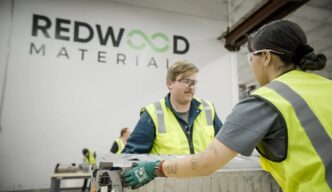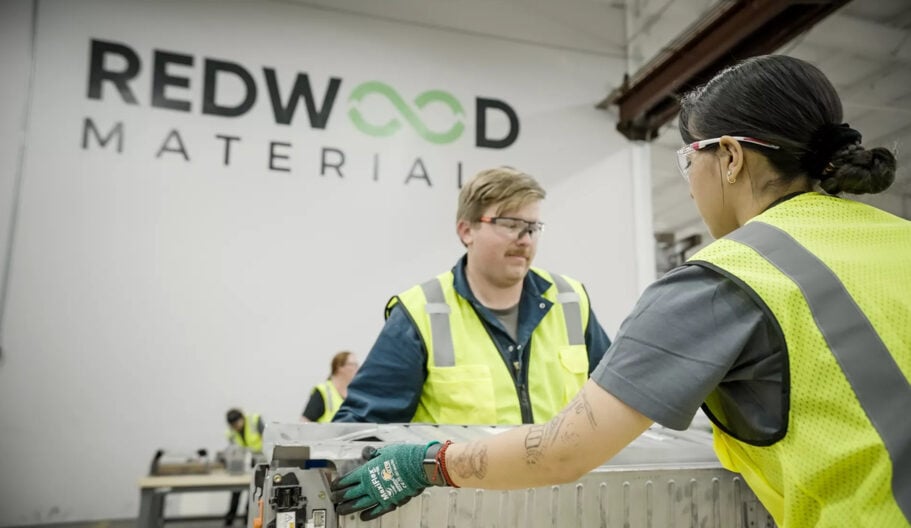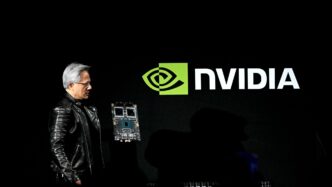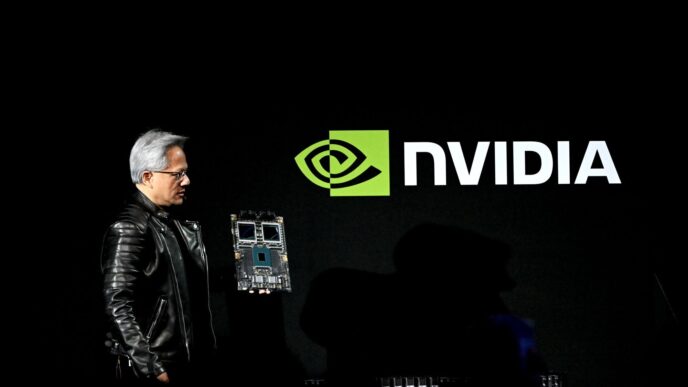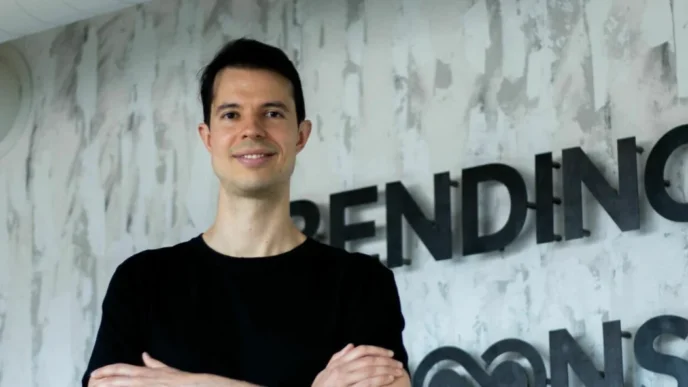Redwood Materials has secured another $350 million to accelerate its growing energy storage business and meet the surging demand from AI data centers worldwide. The new Series E round, led by Eclipse Ventures, also attracted strategic investment from Nvidia’s venture arm, NVentures, signaling strong confidence in Redwood’s role in powering the next wave of clean energy infrastructure.
While the company didn’t disclose its valuation, sources close to the deal estimate it at around $6 billion, up from $5 billion during its previous round. The fresh funding will help Redwood boost its refining capacity, scale its materials production, and hire more engineers to support its rapidly expanding operations.
Founded in 2017 by former Tesla CTO JB Straubel, Redwood Materials began with a clear mission: to build a circular battery supply chain by recycling and reusing valuable materials from old batteries. The company started by processing scrap from battery cell manufacturing and end-of-life electronics, extracting essential minerals like lithium, nickel, and cobalt. These materials are then supplied back to automakers and battery producers such as Panasonic, GM, and Toyota, helping to close the loop in the electric vehicle ecosystem.
Over time, Redwood has evolved from being just a battery recycler into a major player in energy storage and cathode production. Its newest venture, Redwood Energy, focuses on repurposing used electric vehicle batteries to create sustainable power systems for industrial facilities and AI data centers.
The idea is simple yet transformative: many EV batteries still have plenty of usable life even after being retired from vehicles. Redwood connects these second-life batteries with renewable energy sources like wind and solar, forming off-grid systems that can deliver steady, low-carbon electricity to AI data centers and large-scale industrial users.
These battery systems can also be integrated with natural gas turbines or future small modular nuclear reactors, creating flexible energy storage solutions that support both grid-tied and off-grid applications. With AI data centers consuming enormous amounts of power, Redwood’s approach offers a practical way to reuse existing resources while reducing dependence on new mining and manufacturing.
Redwood’s supply advantage gives it a strong edge. The company currently recovers over 70% of used or discarded EV battery packs across North America. Not all of these batteries go straight into recycling, many are ideal candidates for energy storage. As of mid-2025, Redwood had already accumulated more than 1 gigawatt-hour of reusable battery capacity. The company aims to deploy 20 gigawatt-hours of grid-scale storage by 2028, positioning itself as the world’s largest repurposer of EV batteries.
Straubel’s long-term vision is to make clean energy truly circular, where every battery can live multiple lives before being recycled back into raw materials. With this new funding and strategic backing from Nvidia, Redwood is closer than ever to turning that vision into reality, one battery at a time.
